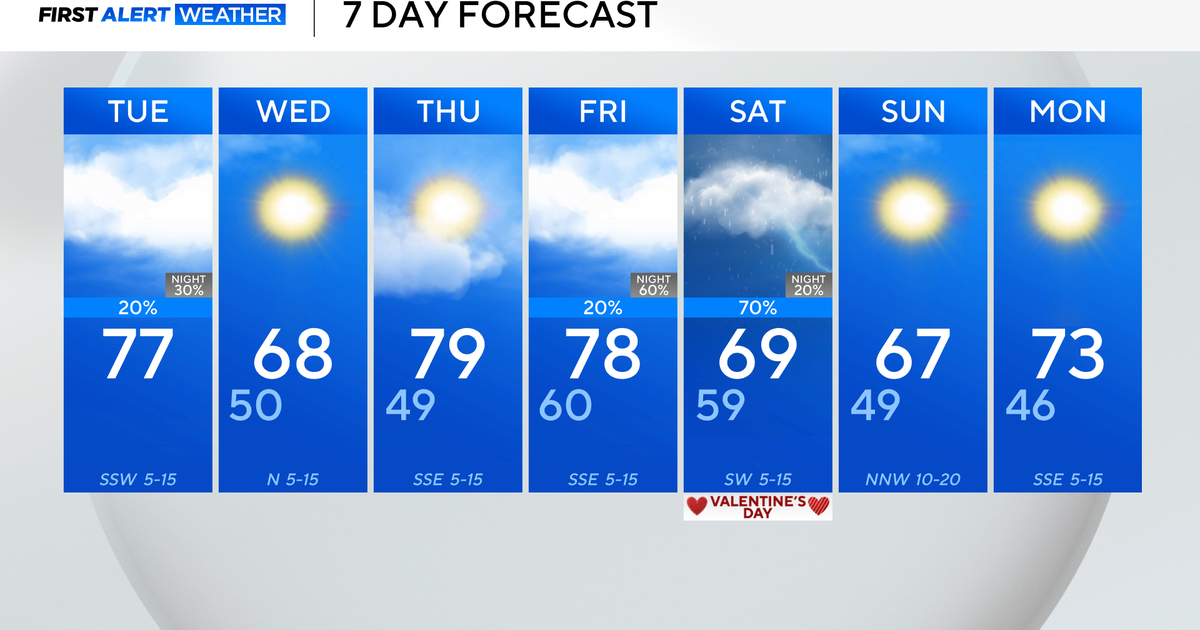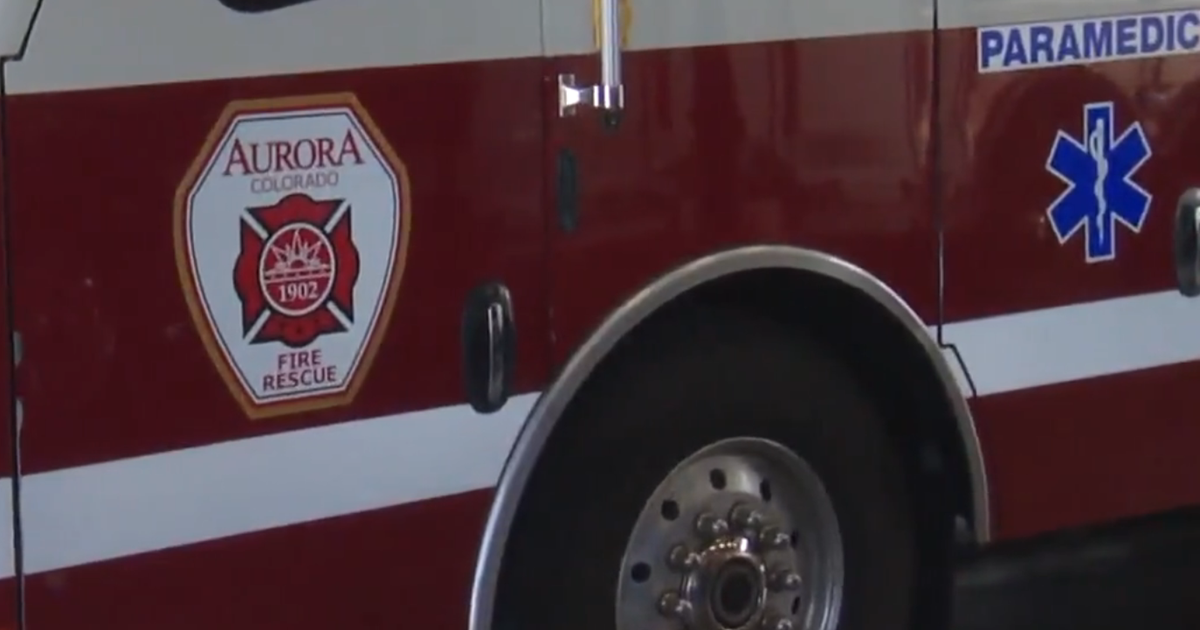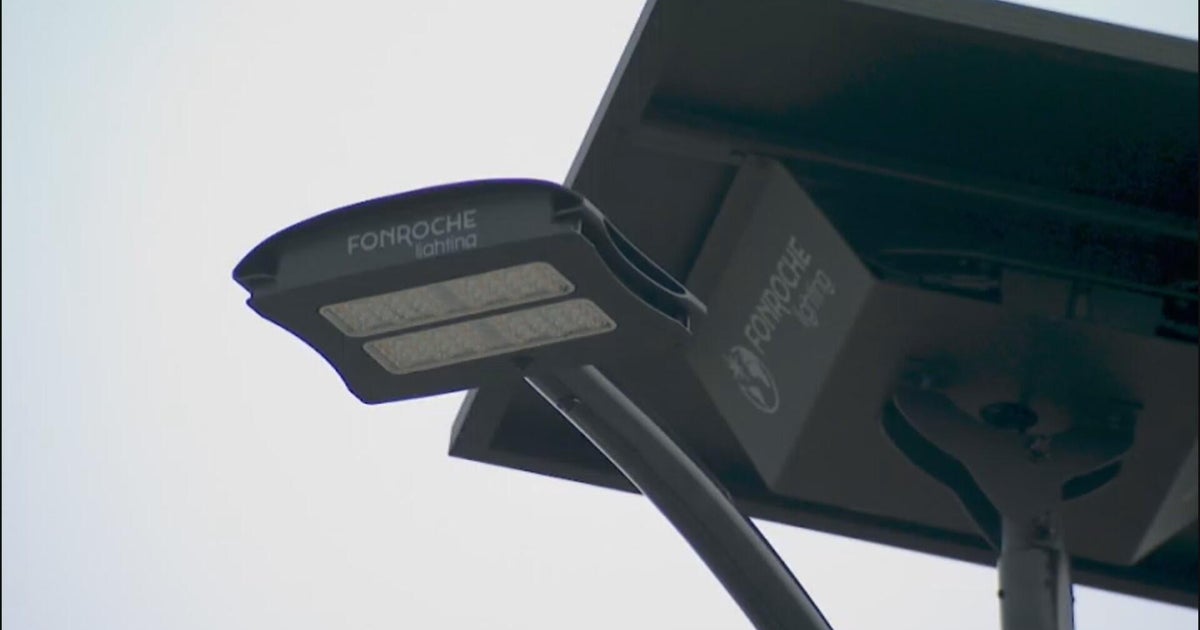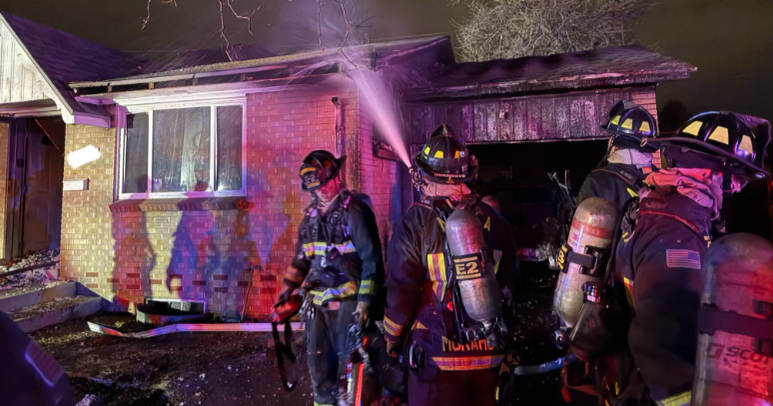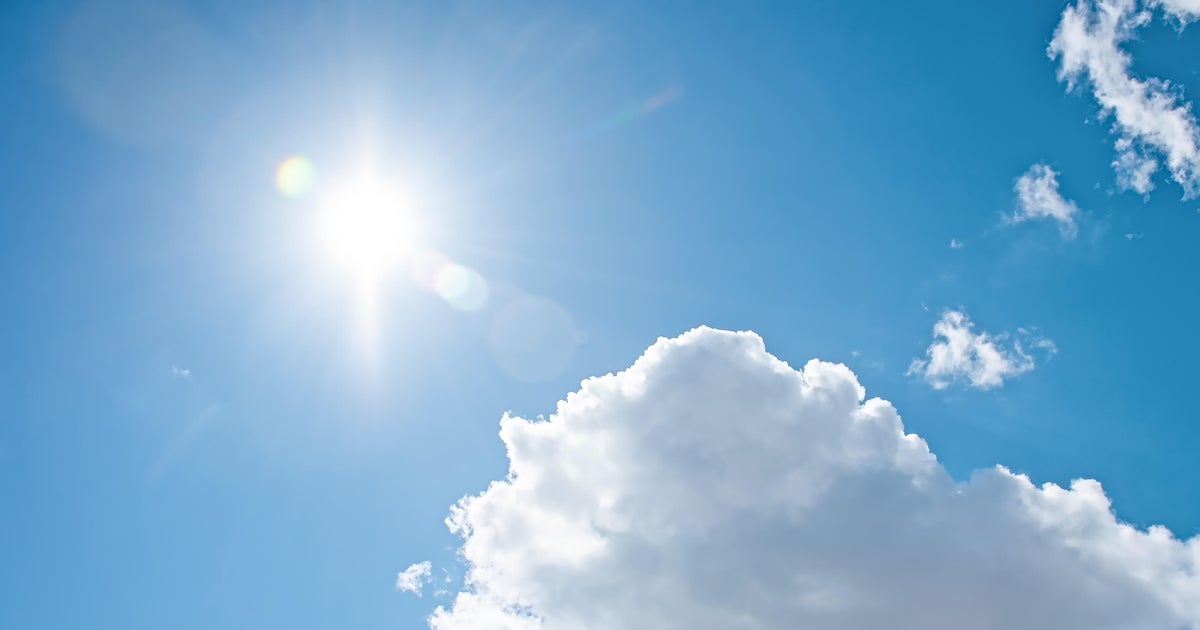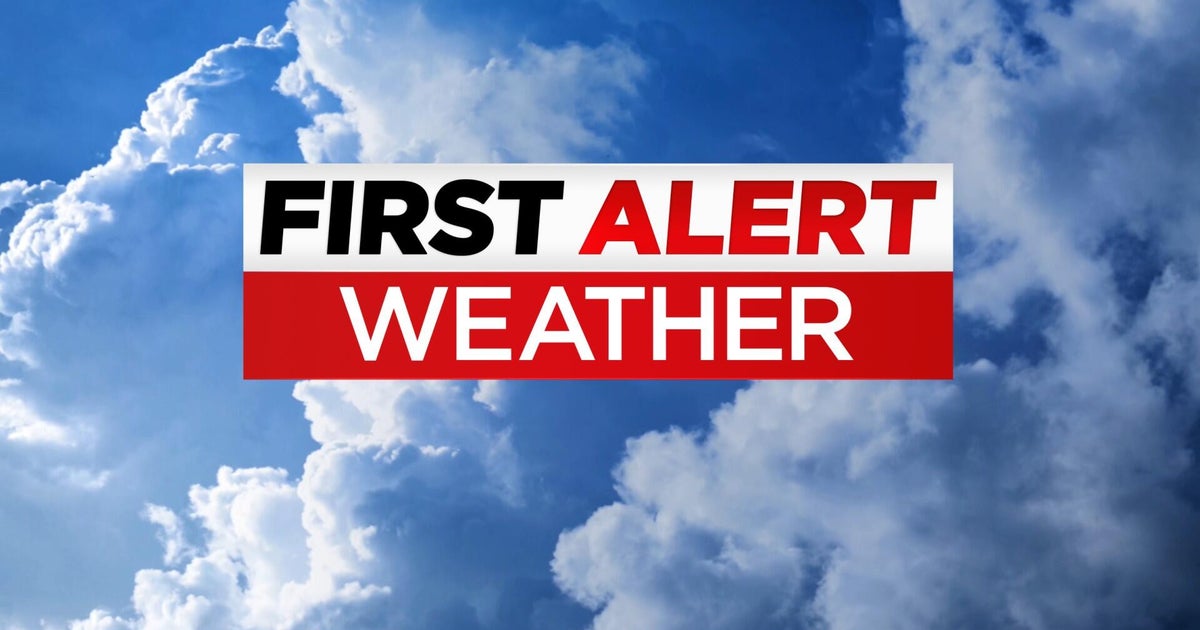"Northern Lights" Display Possible Sunday Night
Find Barry Burbank on Twitter
The far northern portion of our nation may experience an Aurora Borealis display Sunday night. That means we could be seeing a "Northern Lights" display which could be similar to the above image of the Aurora last September up at Sugarloaf, ME.
This is all made possible by a huge sunspot which erupted on the surface of the sun last Thursday, throwing a gigantic cloud of solar particles into space. This enormous solar flare(explosion) lasted for more than two hours.
Scientists call this explosion a "coronal mass ejection(CME) and it is headed for our planet!
It is mostly aimed ahead of Earth's orbital path so the majority of it will miss us. However, as the cloud expanded into space, one end of it is projected to sweep past Earth.
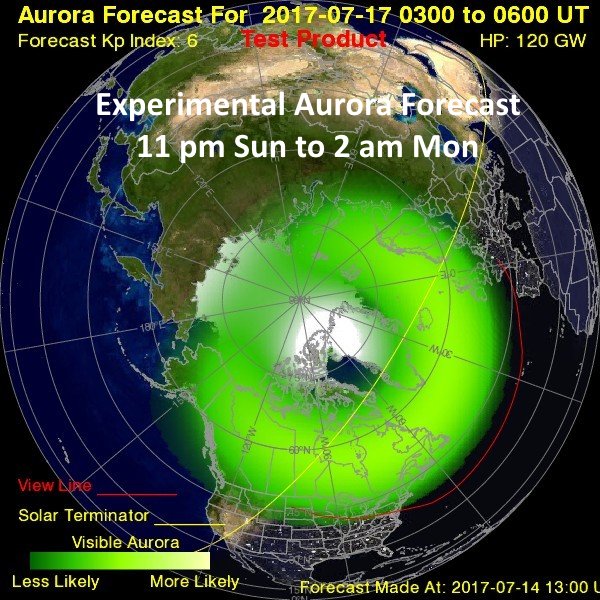
These auroras generally occur over the far northern latitudes from the Arctic down across Canada and sometimes into the northern part of the United States.
They can be beautiful changing patterns of various colors of light including white light. They may be long-lasting or very brief. They are usually less forecastable than the weather and there is never a guarantee that any one location will have an aurora burst.
NOAA's Space Weather Prediction Center reported that the coronal mass ejection arrived earlier than expected. The CME spark will likely spark geomagnetic storms and resultant bursts of auroras visible in various locations of the northern latitudes tonight. Geomagnetic storm levels have been decreasing somewhat late this afternoon but the prediction center is anticipating a jump from G1 back up to G2 levels(moderately strong) late this evening into early tomorrow morning. After that, the activity is projected to diminish.
Cooperative mainly clear sky will exist tonight to view the potential "Northern Lights". For best visibility, move away from city lights, street lights, car headlights, cellphone screens and camera flashes. Just keep an eye on the northern sky and hope for a good show.
Check out NOAA's Space Weather Prediction Center for more information online or follow them on Twitter.
